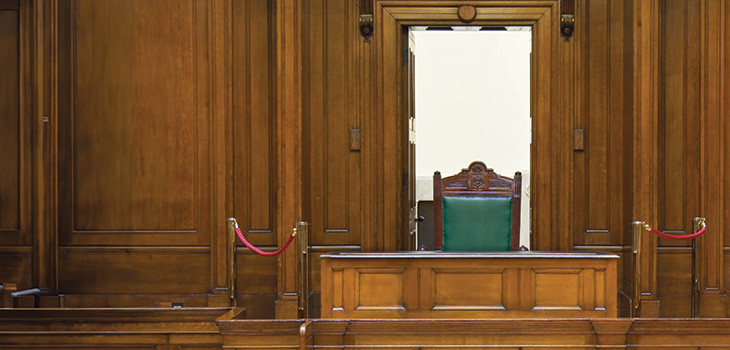
- Lawyers’ and witnesses’ immunity from suit from opposing parties is fundamental to our justice system.
- Pleading fraud won’t circumvent the principle.
- However, lawyers and witnesses may still face criminal and/or regulatory sanction if they lie to or mislead the court.
A judgment may be set aside if it were procured by fraud. However, if it is alleged that counsel and solicitors for the allegedly fraudulent party were involved in that fraud, does this prevent the lawyers from being able to rely upon the principle of immunity from suit? No, said Mr Justice Fancourt in El Haddad v Al Rostamani and others [2024] EWHC 448 (Ch), [2024] All ER (D) 43 (Mar).
El Haddad explained
The origins of immunity from suit lie in the attempt to prevent disgruntled defendants in criminal proceedings from bringing defamation claims against those who gave evidence against them. It was extended to all who took part in legal proceedings, including









